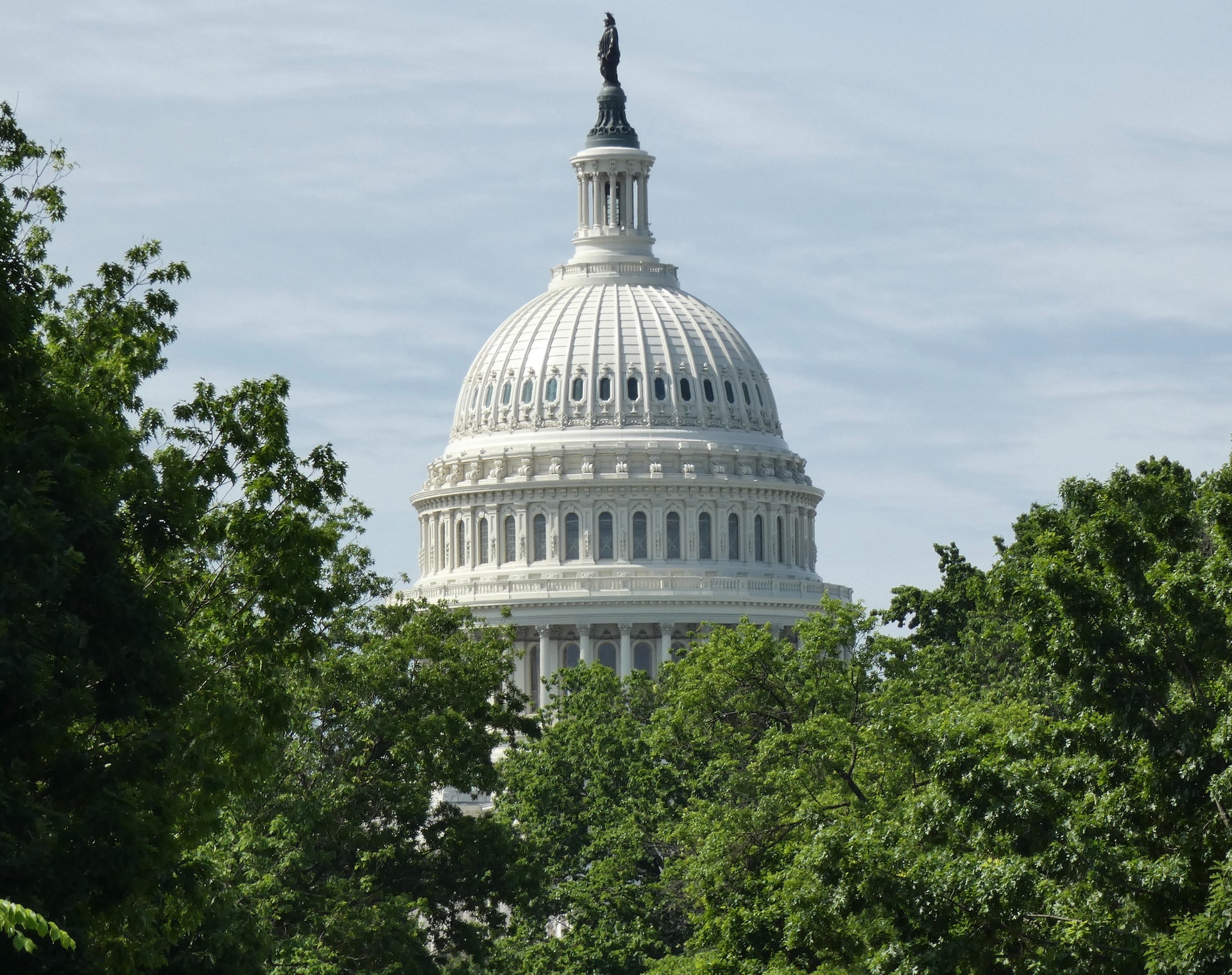U.S. Sen. Grassley: Focuses on update to Whistleblower Protection Act
Senator Chuck Grassley of Iowa, a longtime advocate for strong Whistleblower Protections, recently co-sponsored legislation to provide an update to the Whistleblower Protection Act of 1989 by restoring congressional intent of the original law. Grassley said that whistleblowers are being denied protections they should have under the law because of decisions of the Merit Systems Protection Board, the Federal Circuit Court of Appeals, and the general anti-whistleblower sentiment held by those in executive branch agencies.
In 1989, Grassley and Senator Carl Levin of Michigan co-authored the original Whistleblower Protection Act. The law provided protection for federal employees who expose waste, fraud and abuse in federal agencies. Grassley introduced the update with Senators Daniel Akaka of Hawaii; Susan Collins of Maine and Joe Lieberman of Connecticut.
“Whistleblowers are key to unlocking the secrets deep in the closets of our bureaucracy. They’ve helped me uncover untold amounts of waste, fraud and abuse across the federal government,” Grassley said. “This important update to the Whistleblower Protection Act will restore the congressional intent of the law and also includes a provision we worked out in the last Congress to provide employees in the intelligence community whistleblower protections for the first time.”
The Iowa senator has been an ardent supporter for individual whisteblowers- regardless of party or the bureaucracy in the way. tagon, the FBI, the Bureau of Alcohol, Tobacco, Firearms and Explosives, the IRS, the Interior Department, the Department of Health and Human Services, the Food and Drug Administration, and the Securities and Exchange Commission.
The updated legislation would:
- clarify that “any” disclosure of gross waste or mismanagement, fraud, abuse, or illegal activity may be protected, but not disagreements over legitimate policy decisions;
- suspend the Federal Circuit Court of Appeals sole jurisdiction over federal employee whistleblower cases for five years;
- extend Whistleblower Protection Act coverage and other non-discrimination and anti-retaliatory laws to all employees of the Transportation Security Administration;
- clarify that whistleblowers may disclose evidence of censorship of scientific or technical information under the same standards that apply to disclosures of other kinds of waste, fraud, and abuse;
- codify and strengthen the anti-gag provision that has been part of every Transportation-Treasury Appropriations bill since 1988;
- allow jury trials under certain circumstances for a period of five years;
- provide the Merit Systems Protection Board with authority to consider and grant summary judgment motions in certain cases for a period of 5 years;
- clarify that employees protected by the Whistleblower Protection Act may make protected classified disclosures to Congress using the same process as intelligence community employees;
- establish protections for the intelligence community modeled on existing whistleblower protections for FBI employees;
- establish a process within the executive branch for review if a security clearance is allegedly denied or revoked because of a protected whistleblower disclosure;
- establish Whistleblower Protection Ombudsmen to educate agency personnel about whistleblower rights; and
- provide the Office of Special Counsel with the independent right to file “friend of the court” briefs, or amicus briefs, with federal courts.
* * * * *
Young Law Group is a nationwide leader in whistleblower representation and has successfully represented numerous clients in some of the nation’s largest qui tam cases for over a decade. For a free confidential consultation, please call Eric L. Young, Esquire at (800) 590-4116 or complete our online form.


